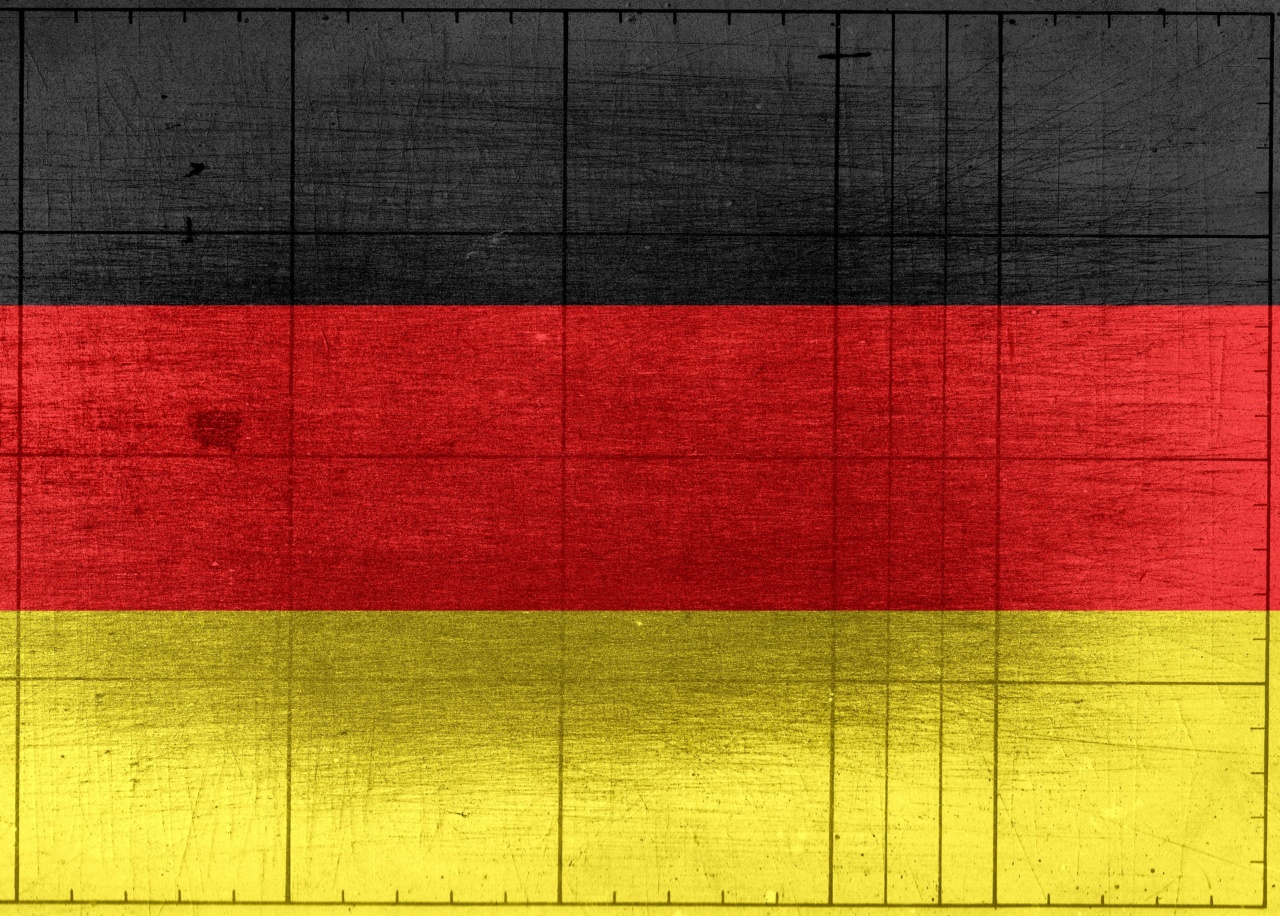Heart flutters, also known as heart palpitations, are a common sensation that many people experience at some point in their lives. For some, the flutters may be short-lived and harmless, while for others, they can be more frequent and concerning.
In this article, we will explore what heart flutters are, what causes them, and whether they are a sign of something serious.
What are heart flutters?
Heart flutters are characterized by an irregular or rapid heartbeat, often described as a feeling of the heart pounding or fluttering in the chest. It may feel as though the heart is skipping beats or beating too hard.
These sensations can last for just a few seconds or continue for several minutes. While heart flutters can be alarming, they are usually not a cause for concern.
Causes of heart flutters
Heart flutters can be caused by various factors, ranging from benign to potentially serious. Some common causes include:.
1. Strong emotions or stress
Strong emotions such as anxiety, fear, or excitement can trigger heart flutters. Stress can also contribute to an irregular heartbeat. These flutters are generally harmless and tend to subside once the emotions or stress pass.
2. Caffeine and stimulants
Caffeine, found in coffee, tea, energy drinks, and chocolate, is a stimulant that can cause heart flutters in some individuals. Other stimulants, such as nicotine and certain medications, can also lead to palpitations.
3. Physical activity
Intense physical exercise or sudden exertion can cause the heart to beat faster and stronger, resulting in palpitations. This is typically a normal response and not a cause for concern, especially in individuals who are physically fit.
4. Medications
Certain medications, such as asthma inhalers, decongestants, and thyroid medications, can have side effects that include heart flutters.
If you are experiencing palpitations after starting a new medication, it is important to consult your healthcare provider.
5. Hormonal changes
Hormonal fluctuations during pregnancy, menopause, or menstruation can contribute to heart flutters. These fluctuations can disrupt the normal electrical signals in the heart, leading to palpitations.
However, if the flutters are persistent or accompanied by other concerning symptoms, it is advisable to seek medical attention.
6. Heart conditions
In some cases, heart flutters can be a sign of an underlying heart condition. Conditions such as atrial fibrillation, ventricular tachycardia, or heart valve abnormalities can cause palpitations.
It is important to differentiate between harmless flutters and those associated with these conditions, as they may require medical intervention.
When to see a doctor
While heart flutters are often benign, there are instances where seeking medical attention is necessary. It is advisable to consult a healthcare provider if:.
1. The flutters are accompanied by chest pain
If you experience chest pain, tightness, or discomfort in addition to heart flutters, it may indicate a more serious condition such as a heart attack. Prompt medical evaluation is crucial in such cases.
2. The flutters are prolonged or frequent
If the heart flutters last for an extended period of time or occur frequently, it is important to have them evaluated by a healthcare professional. This can help determine if there is an underlying heart condition that requires treatment.
3. You have a history of heart disease
Individuals with a history of heart disease or other cardiac conditions should be vigilant about any new or worsening symptoms, including heart flutters. Seeking medical attention can help ensure prompt management and prevention of complications.
4. The flutters are accompanied by other concerning symptoms
If heart flutters are accompanied by symptoms such as dizziness, shortness of breath, fainting, or excessive fatigue, it may be indicative of a more serious underlying issue. Timely medical evaluation is essential in such cases.
Conclusion
Heart flutters are a common occurrence that can often be attributed to benign causes such as stress, stimulants, or physical activity.
However, they can also be a sign of a more serious underlying condition, especially when accompanied by chest pain or other concerning symptoms. If you are experiencing heart flutters and are unsure of their cause or concerned about their frequency or severity, it is best to consult with a healthcare professional for proper evaluation and guidance.



























